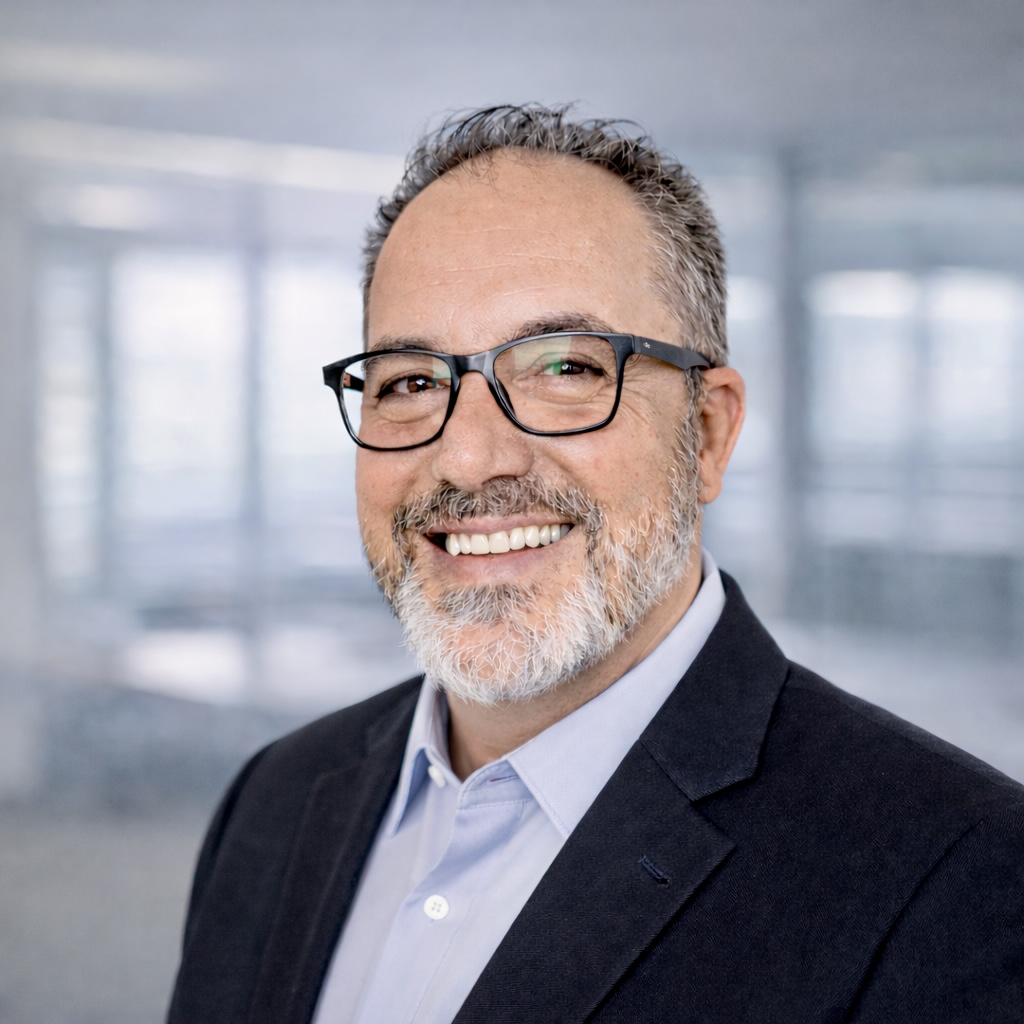Credo-Led Leadership: Why Principles, Not Policies, Will Shape the Future of Business

When you’re managing a company that has grown from a single vacation rental to a national hospitality brand operating in over 18 markets, most leaders would reach for org charts, operational SOPs, and management consultants. But for Steve Schwab, the answer came in the form of a credo.
Steve Schwab is the Founder of Casago, a purpose-led vacation rental and property management company built on empathy, loyalty, and service. Today, he serves as the CEO of Vacasa, following the recent merger between the two companies. This union marks not just a consolidation of brands, but a bold vision for redefining hospitality through human-centered leadership at scale.
Casago was never just a hospitality company. It became a values-driven movement powered by people who believe in doing right by others, no matter the cost. That ethos now has the opportunity to reach millions more through the Vacasa platform.
In an episode of The Bliss Business Podcast, Steve shares how his time as a U.S. Army Ranger shaped the way he approaches business, and why he believes every company should have its own internal leadership doctrine, not a rulebook, but a lived set of principles.
Steve’s journey into leadership wasn’t traditional. In fact, he questioned whether he was even the right person to lead after a rapid acquisition expanded his company overnight. It was in that moment of doubt that he began to write what would become The Orange Credo, a set of guiding values that have since fueled Casago’s culture and inspired generations of team members.
Whether you’re leading a startup, managing a distributed team, or scaling a company through multiple regions, Steve’s approach to conscious capitalism and decentralized leadership offers powerful lessons. At Casago, love is not just a feel-good concept. It is operationalized through principles that empower employees to act with confidence and compassion, especially when no one is watching.
Empathy as Infrastructure
The Orange Credo includes statements like, “We believe in standing shoulder to shoulder,” and “We leave things better than we found them.” These aren’t just motivational phrases painted on the wall. They guide how employees respond to crises, how they treat guests, and how they support each other in times of personal struggle.
Steve shares the story of an employee who, without being asked, drove through a snowstorm to deliver blankets to a stranded guest. Another story features an operations manager who helped a family involved in a car crash navigate insurance and logistics. These moments aren’t isolated. They are expected. Because everyone at Casago is entrusted to lead with care.
A Playbook Rooted in People
Unlike companies that rely on rigid hierarchy and micromanagement, Casago thrived through distributed trust. New employees were onboarded with a calligraphed Book of Lore that documented stories of heroic service and practical wisdom. This collection of lived experiences became both training and inspiration.
Steve believes that empathy scales when leaders commit to principles instead of prescriptions. The credo creates alignment, allowing people to make values-based decisions even in the absence of a manager or directive. That autonomy is not accidental. It is earned through cultural investment.
The ROI of Love and Loyalty
When asked about what drives retention at Casago, Steve points to love. Employees and franchisees stayed not because they were obligated, but because they felt deeply connected to the mission. Some housekeepers worked with him for over 20 years. Families passed down roles through generations. These are not typical industry stats. They are the result of leading from the heart.
Steve also touches on the economic side of purpose. When a company consistently leads with service, it creates long-term trust. That trust shows up in customer referrals, operational resilience, and team loyalty. It also creates a ripple effect in local communities, as the team goes above and beyond to support not just guests, but neighbors and partners too.
Key Takeaways from the Episode:
-
Why every business should create its own leadership credo
-
How decentralizing leadership empowers your team to act with integrity
-
The role of storytelling in building cultural continuity
-
Why love, loyalty, and legacy are competitive advantages in hospitality and beyond
-
How to scale a company without losing your soul
Steve’s vision for the future of leadership is grounded in one idea: people before process. The businesses that thrive tomorrow will be the ones who invest in culture, values, and human connection today.
Final Thoughts
Steve Schwab’s story is not about building a company. It’s about building a culture where people matter more than processes, and where principles carry more weight than policies. His journey reminds us that leadership is not a title. It’s a daily decision to serve, empower, and trust others to rise.
At a time when many companies are scrambling to keep up with disruption, Steve chose to double down on values. He proves that conscious capitalism isn’t a trend. It’s a long-term strategy for resilience, growth, and human connection.
From empowering housekeepers to honoring guest experiences, his leadership playbook is one that prioritizes dignity over dashboards and heart over hierarchy.
Whether you’re building a hospitality brand, managing a remote team, or simply searching for a more human way to lead, Steve’s message is clear: culture is not a byproduct of success. It’s the foundation.
And when you lead with love, people don’t just show up. They stay, they care, and they thrive.
Check out our full conversation with Steve Schwab on The Bliss Business Podcast.



